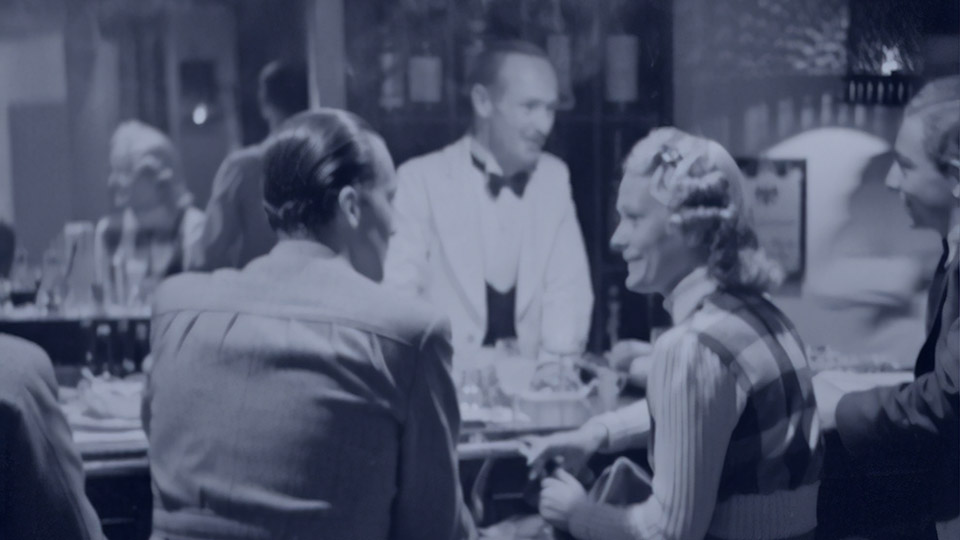Procrastinators, rejoice! A last moment match!
We know what you’re thinking. We’re thinking it too. Heck, the entire world is thinking it: thank goodness 2020 is over!
Except it isn’t. Almost, but not quite. There are still {a few hours} left in 2020. And this is important, because it means that there are still {a few hours} left for you to help us in our 2020 fundraiser. And, because a generous donor has offered to match all donations for the rest of 2020, your procrastination will be doubly rewarded.
A lot of you have generously donated already. We are deeply grateful for it— as we are every year, of course, but we are even more grateful this year, since we know how rough a year it has been for everyone. Even for those among our readers who didn’t have to fear for their lives working in person as teachers or police officers or small business owners, the seemingly uninterrupted stream of bad news, ill-timed technical glitches, and interruptions made for an isolating and stressful time for everyone – ourselves included.
But in rough times, people interact with the law. Which is why, despite all the craziness that 2020 has thrown our way, we have carried on doing what we do best: providing free law to those who need it. Free access to law makes it possible to meet information needs we often don’t even know about until they become urgent. During lockdowns, we helped people find the law about public health and small business development. During protests, we helped people find the law about the federal government and policing. And during a long and contentious election season, we’ve helped people understand facets of election law most of us had never before realized would become relevant – until suddenly it was.
But we can only do all this with your support. So before we all give 2020 a hearty shove out the back door tell it to come back never, please consider giving a gift that will allow us to provide the law to people on what we dearly hope will be the happier, more optimistic topics in demand in the forthcoming year.
Thank you,
Sara Frug
Co-Director
Legal Information Institute




